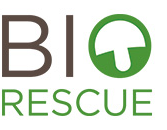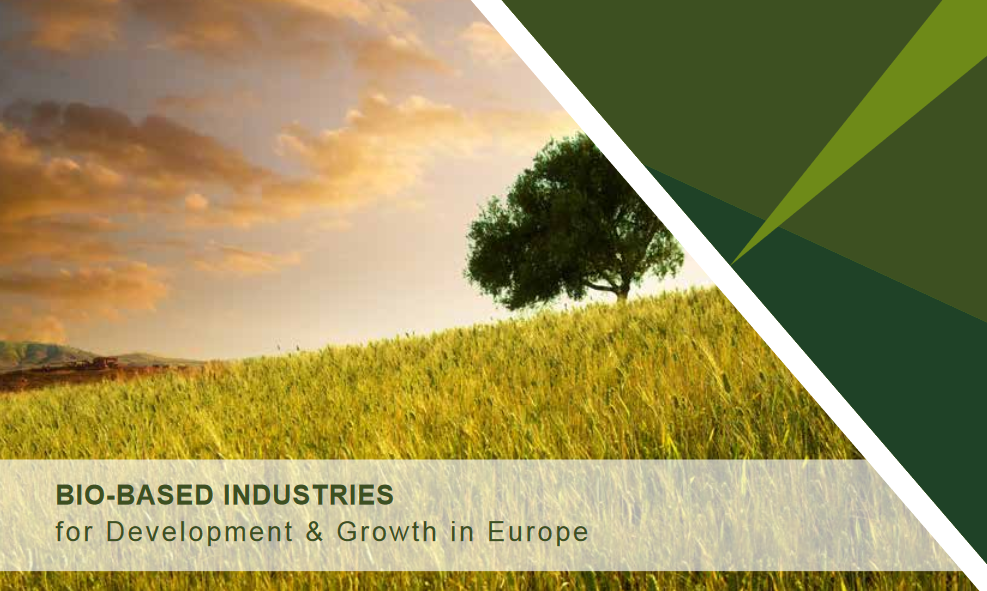New Strategic Innovation Research Agenda for the European bioeconomy
On 21 June 2017, the Bio-Based Industries Consortium published an updated version of its Strategic Innovation Research Agenda (SIRA), to reflect the rapid evolution of the bio-based industry sector and the results of the first projects funded by the Bio-Based Industries Joint Undertaking. The main objectives mentioned in this new SIRA are for BBI activities to contribute to a 10% increase in biomass supply in Europe and to boost the use of 15% of currently unused sources per year by 2020.
Within this new Research Agenda, the Bio based Industries Consortium announces its intention to extend the panel of feedstocks currently covered within the call and to foster the crossover between traditional value chains for the development of a multi-value chains approach. The feedstocks targeted within this new Strategic Research Agenda are now divided in four different categories: agri-based feedstock, forest-based feedstock, aquatic feedstock and waste, biowaste and CO2.
The agenda identifies priorities in each of the different categories of feedstocks as well as the new technological challenges to be addressed in the next years. Until 2020, the main objectives of the Bio-based Industries Consortium will be to optimise process efficiency, develop new bio-based products for identified market applications and accelerate their market uptake, stimulate closer cooperation between regional actors, brand owners and different industrial sectors and develop new resource- and energy-efficient value chains.
BIOrescue, as a project funded under the Bio-based Industried Joint Undertaking programme, is already contributing to some of the key priorities listed in this new strategy. Within the project, new bio-based products will be developed for the fertiliser and biopesticide industry. Thanks to an increased process efficiency, the newly developed products will have a higher economic viability on the market. To achieve this objective, BIOrescue partners are planning to improve resource efficiency by 20% in the biorefinery process, while reducing enzyme costs for the feedstock hydrolysis. The new biorefinery process, based on the mushroom compost recovery, should enable bioeconomy stakeholders to establish new links with the mushroom industry and create innovative value chains for a more circular economy.
To learn more on the European bioeconomy stakeholders’ priorities, you can read the new Strategic Innovation Research Agenda of the Bio-based Industries Consortium here.


Recent Comments